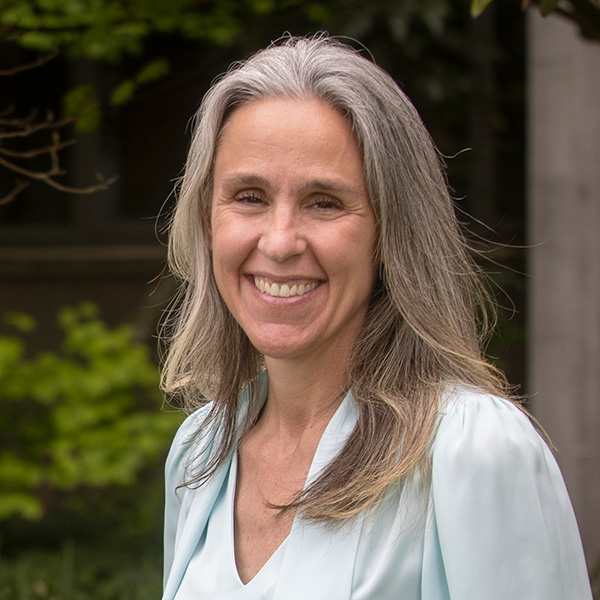
Technology, Innovation Law, and Ethics (TILE) Program
Seattle is home to a robust and innovative entrepreneurial community at the forefront of emerging transformative technologies. For those who desire to contribute to this exciting sector, Seattle University School of Law offers a comprehensive program in innovation law, including intellectual property, with an emphasis on ethics, values, and social justice. Situated in a global city, the program offers comparative and international perspectives, in addition to a strong grounding in U.S. law.
Sports Law
Sports law students learn about league governance, intellectual property, sponsorships, event production, venue management, contract management, employment and labor negotiations, and other areas where the law intersects sports business.
Bar Success Prescribed Curriculum
Seattle U Law has created a specialized curriculum to prepare students to pass the bar exam, a crucial step on the path to becoming a practicing attorney.
Contact

Brooke D. Coleman
Vice Dean for Academic Affairs and Fredric C. Tausend Professor of Law
No Title Provided
No Phone 2 Provided
No Fax Provided
Sullivan Hall 210I
Brooke Coleman faculty profile